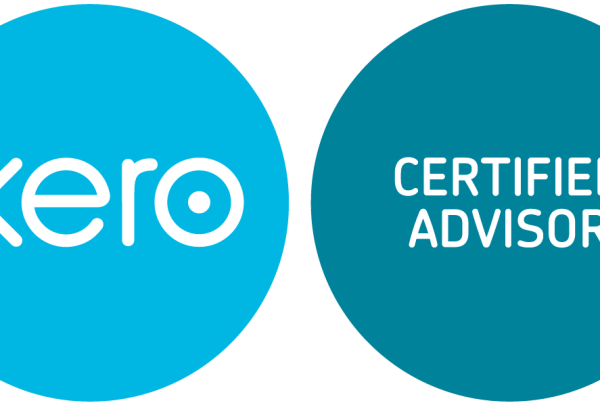Deciding whether to be a limited company, partnership or sole trader can be difficult and confusing. The best option for you depends on a number of factors.
Pros and cons of being a sole trader / partnership
- Simplest way to trade
- Easier to take money out of the business
- Lower tax if your profit is below £30,000 per year (sole trader)…
- …Or below £30,000 per partner in a partnership
- Opening and closing your business is very easy
- Potentially more personal liability
Pros and cons of being a limited company
- Tax savings if your profit is above £30,000 per year.
- Some clients / customers may only work with limited companies
- Can look more professional and credible
- “Limited” liability: your company is liable for debts, not you personally (unless you act fraudulently)
- Accountancy fees could be more expensive
- More filing obligations with HMRC and Companies House.
A good starting point is to consider whether your business will have yearly profits of more than £30,000. If you don’t think this will be the case, then being a sole trader may be better than setting up a limited company. To get started as a sole trader, just register with HMRC as self-employed and you’re good to go. Accountancy fees are lower, it’s easier to get money out of the business, and there are fewer filing obligations.
If you expect profits to exceed £30,000, trading as a limited company will save you tax, and if you get into difficulty any debts will die with the company.
However, every situation is unique. If you’re thinking of starting a business or incorporating an existing business, we’ll help you decide on the best option. Call us to arrange a free, no-obligation meeting on 0151 931 2724 or contact us online.






